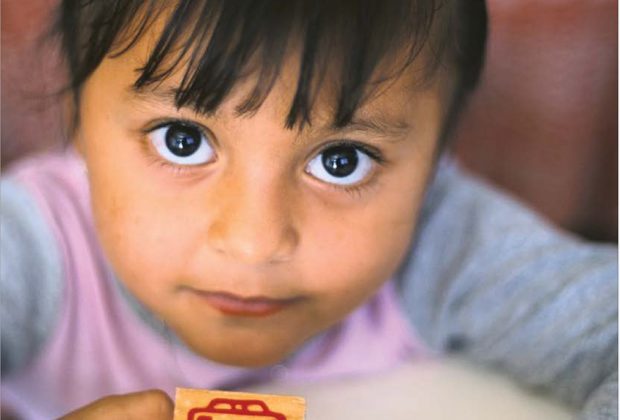Tools and resources to help protect and prepare youth and families in case of an immigration and customs enforcement (ICE) raid.
Introduction:
This guide was created for educators, school support staff and service providers who teach, mentor and help open the doors of opportunity for undocumented youth and unaccompanied and refugee children currently living in the United States. Educators, school support staff and service providers are often the first individuals a student and/or family comes out to as undocumented. Moreover, they are often the first ones to witness the impact of increased enforcement measures on students and their families. It’s critically important that educators, school support staff and service providers know the tools and resources available to help protect and prepare youth and families for an Immigration and Customs Enforcement (ICE) raid.
Schools should be safe havens that embrace all students and families, regardless of citizenship and national origin, and that includes unaccompanied and refugee children. The 1982 U.S. Supreme Court case Plyler v. Doe ruled that undocumented children have a constitutional right to receive a free public K-12 education, which provides the means to becoming a “self-reliant and self-sufficient participant in society,” the court wrote, and instills the “fundamental values necessary to the maintenance of a democratic political system.” However, today’s increased enforcement measures by the Department of Homeland Security threaten that right for thousands of undocumented youth and the 4.1 million U.S.-born children who live in mixed-status households with at least one parent or family member who is undocumented.
Raids take an emotional, psychological and physical toll on developing children, youth and entire communities. Raids and other immigration enforcement actions drive undocumented and mixed-status families further into the shadows and erode the trust built between educators and the students they teach and families they serve. Educators know that circumstances outside the classroom and school grounds have a huge impact on the educational success of students. They see the impact of these out-of-school factors in homework assignments, grades, interactions in class and extracurricular activities. And educators witness the chilling effects of raids, including the chronic fear, anxiety and stress that consume students and their families on a daily basis...
Download the full guide here or go to the following website: http://www.aft.org/sites/default/files/im_uac-educators-guide_2016.pdf







